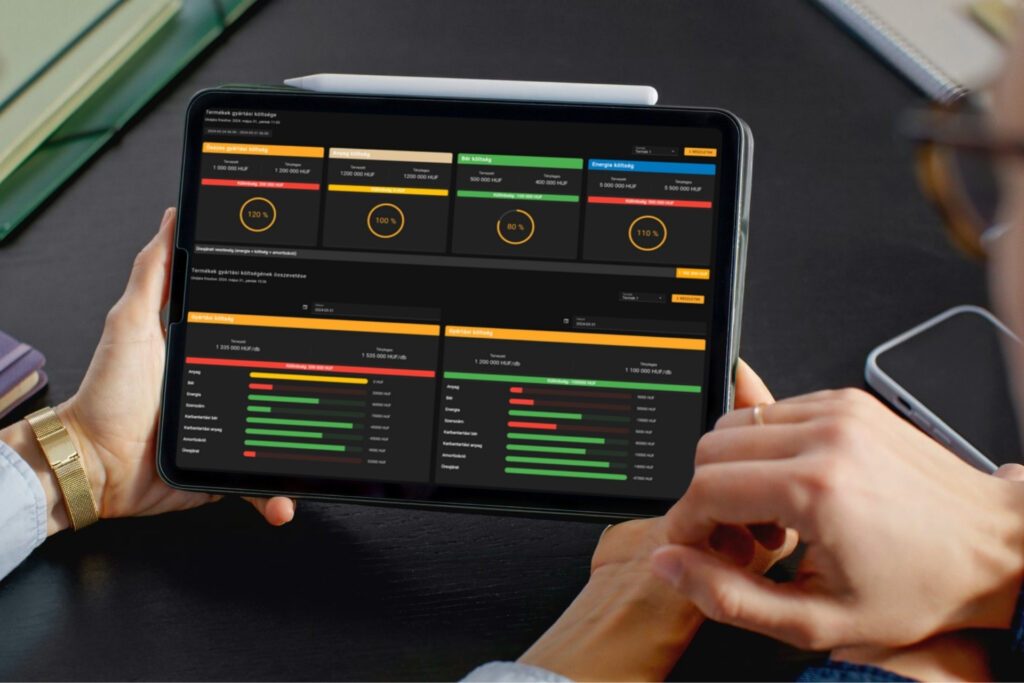In industry circles, Industry 4.0 has become one of the hottest topics for 2021. This enthusiasm is not without reason, as the industrial sector accounts for almost 25% of Hungary’s GDP, so there is a great potential for the application of Data Science solutions in this sector. However, there’s are cooling down the hype.
In the October discussion of Protechtor‘s webinar series on curricular business and technology topics, Szabolcs Fodor, Lead Data Scientist at United Consult, and Attila Masa, CEO of Indeveyes Technologies, discussed the issues where data science tools can add value. They also discussed prerequisites and barriers, as well as organisational aspects.
Digitisation of manufacturing: Step Zero
It’s a cliché but a fact: the accuracy and added values of algorithms depend 80% on the quality of the data. Unfortunately, experience shows that domestic companies (also) have room for improvement in this area. The two experts agreed that it is a common phenomenon when different areas within a company develop separate “data silos” and there is no structured link between their databases. In the worst case, in the absence of data collection, data simply remain on the production machines, so that the company concerned gains virtually nothing from the mass of information that would otherwise be available. Access to data, and subsequently integration of data, are therefore essential starting blocks for the development of production digitisation.
The two experts talk about how we can help the digitisation process and support machine learning algorithms to create significant value – and business value – from data processing, in the shortest possible time.
Will data processing pay off?
The obvious question for any company is how much and how quickly an investment in data collection and analysis will return. However, it is worth exploring the question by asking about the motivation for a given manufacturer to start collecting and assembling data. Is it to find answers to a yet latent problem, or is it more likely that a manufacturing problem is the catalyst for data collection and processing?
Two factors are essential for a solid return on investment: on the one hand, the Customer must have a (near) clear goal and, on the other hand, the developer who is in charge of data collection and processing must know both the manufacturing process and the possibilities for optimising data processing in order to “straighten” the path to the finish line for his customer.
Listen for more! Thanks to Protechtor, the discussion can be watched in full below, and we thank the organisers for their support!

